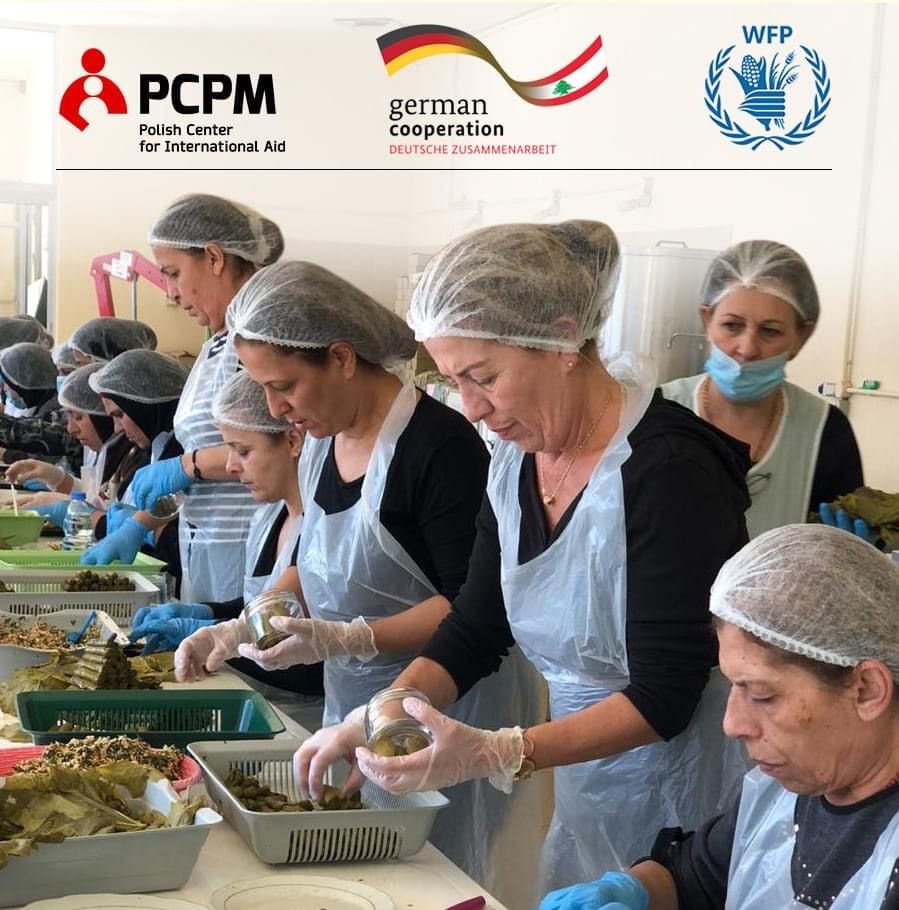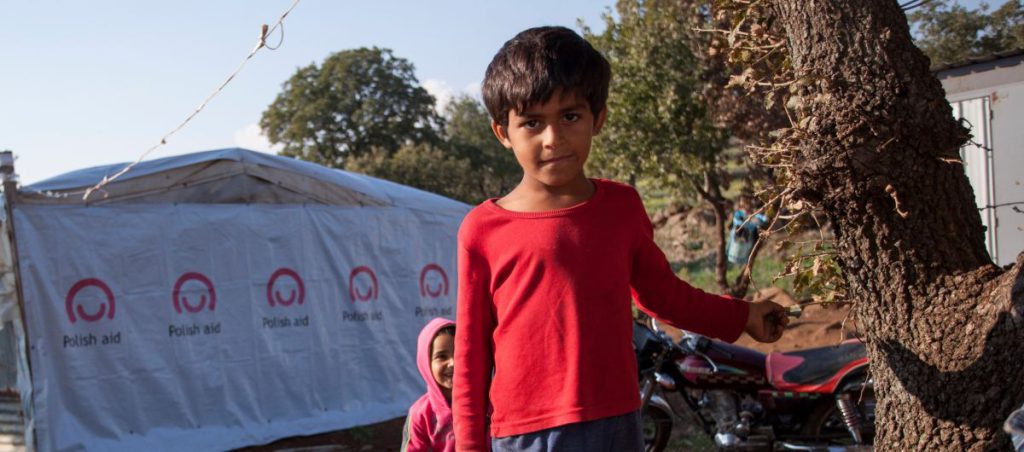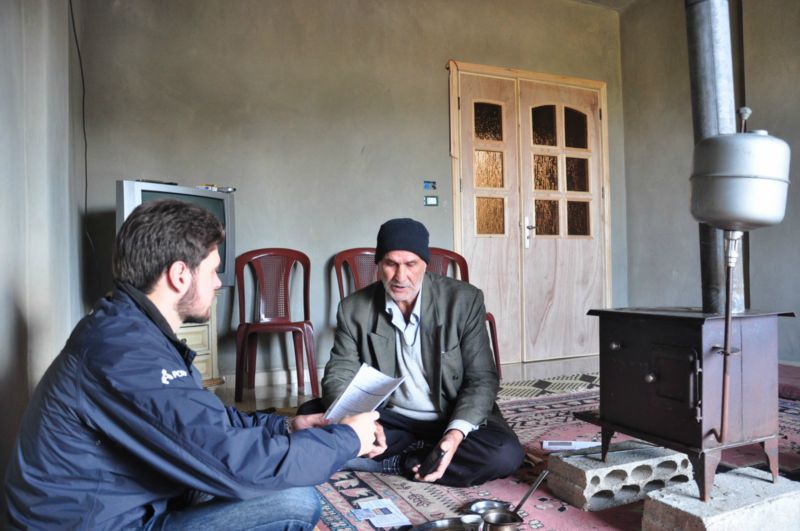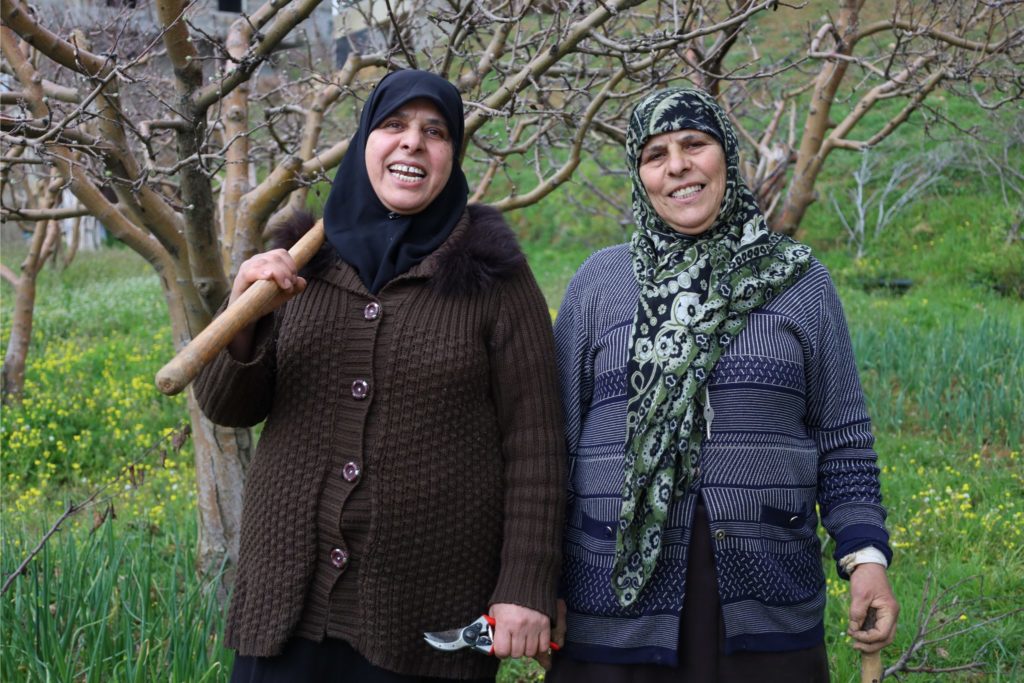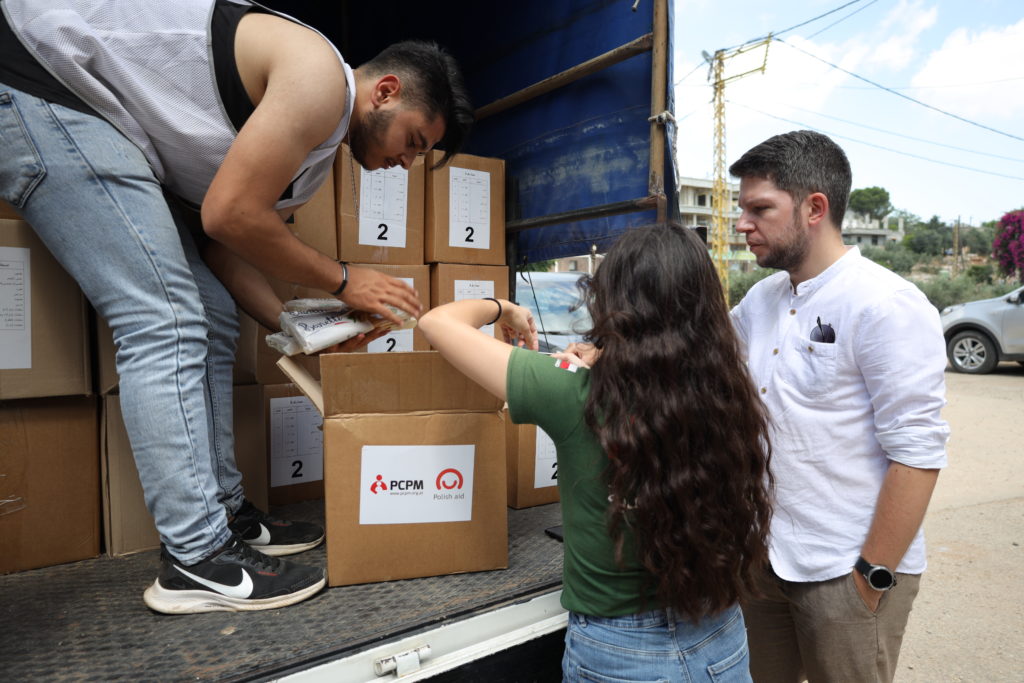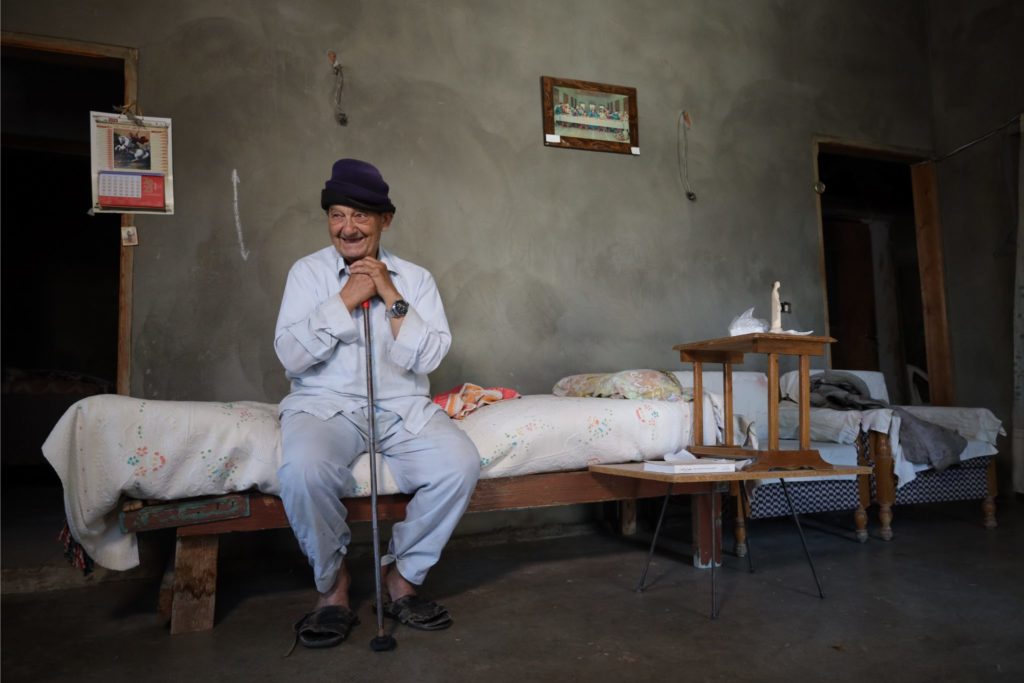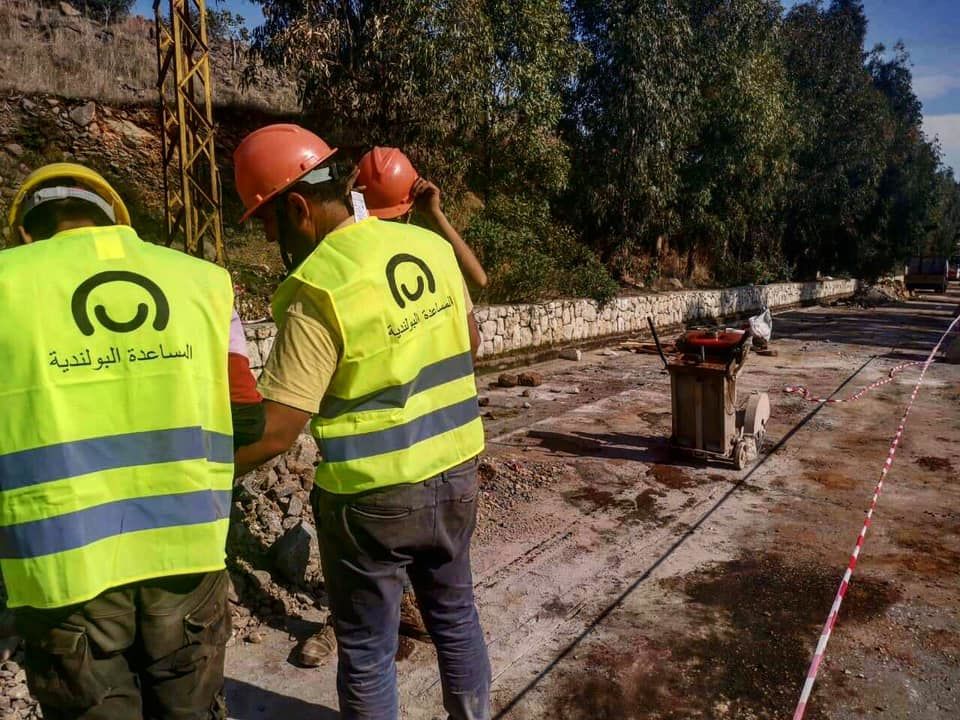Lebanon
Lebanon
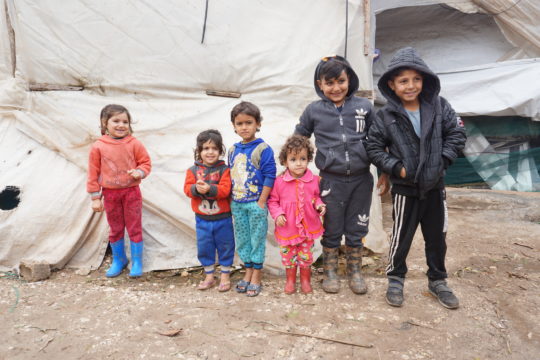
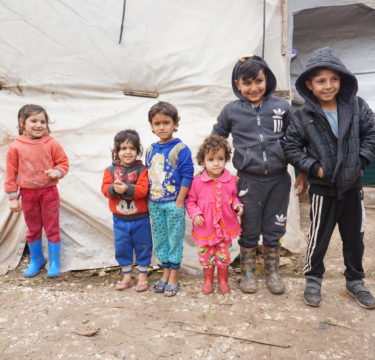
The Polish Center for International Aid Foundation (PCPM) active in Lebanon since 2012, runs the largest Polish NGO aid program there. Right on the Syrian border, PCPM assist victims of the Syrian war and Lebanese families struggling through the country’s worst economic crisis in decades.
Ongoing projects
In 2024, the Polish Center for International Aid (PCPM) received funding under the Ministry of Foreign Affairs of Poland, Polish aid program. This will allow PCPM to continue to support the Lebanese people for the next 3 years.
The goal of the project is to strengthen local communities in Lebanon that have suffered as a result of the economic crisis and the deteriorating Lebanese-Israeli crisis.
The Lebanon Local Communities Project aims to strengthen local communities and improve their quality of life by providing access to basic public services and increasing resilience to natural hazards. The project focuses on supporting local governments and other local institutions in delivering sustainable public services, such as:
- Protection against soil erosion, water pollution and floods.
- Access to clean drinking water and an efficient irrigation system.
- Improving the efficiency of local institutions and emergency services.
PCPM wants to clean up the Al-Ostuan River and protect farms from flooding. In addition, the Foundation will build irrigation canals and modernize the civil defense station in Sed El Bauchrieh by installing photovoltaic panels. The Foundation will repair damaged roads and rebuild a culvert. Additionally, PCPM will conduct crisis management training for representatives of local governments.
This will benefit the residents of Beirut as well as the Akkar region, which PCPM has been helping for many years.
Project is co-financed within the framework of the Polish development cooperation of the Ministry of Foreign Affairs of the Republic of Poland.
Support for Refugees from the South
Previous activities
Syrian conflict strains Lebanon. Since 2011, villages near the northern border have seen populations double. Lebanon now hosts the most refugees per capita globally – one in four residents.
The government estimates 1.5 million Syrians are in the country, while UNHCR registers over 879,000. Once temporary visitors, refugees are now integrated. A new generation, born in exile, has never seen Syria. PCPM has supported these refugees since the crisis began, providing shelter and humanitarian aid.
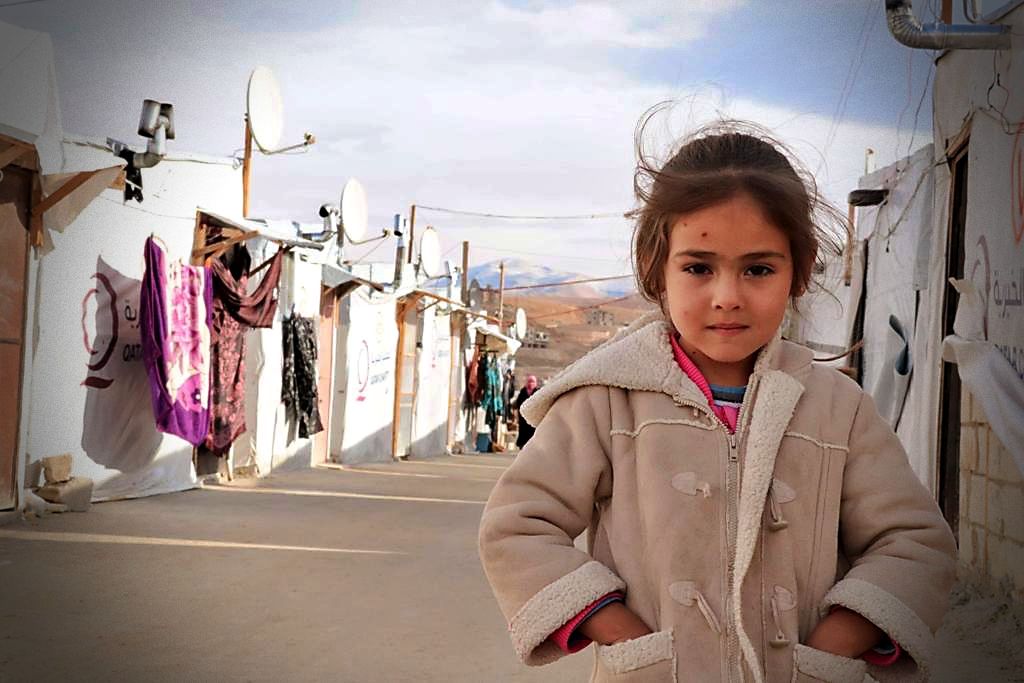
PCPM tackled Lebanon’s economic crisis in 2020 with humanitarian and development projects. They provided safe shelter for thousands and a mobile clinic offering free healthcare for refugees. Registered in Beirut with local staff, PCPM sprang into action after the port explosion, delivering humanitarian and rescue aid. Public donations and collaboration with UN-Habitat allowed repairs to damaged buildings, restoring homes for affected families.
Poland Emergency Medical Team PCPM also played a crucial role in the COVID-19 pandemic. Funding from the Chancellery of the Prime Minister of Poland supported their month-long deployment to Lebanese hospitals.
With the support of the Polish Ministry of Foreign Affairs, PCPM set up a segregation zone, provided a respirator, and equipped medical facilities with personal protective equipment (PPE) at a Qobayat hospital.
Cooperation with Taiwan ICDF further provided PPE for Lebanese healthcare workers.
In northern Lebanon, winter temperatures drop below 0 degrees Celsius. The Foundation has been working there for years, supporting Syrian families – securing tents, providing essential humanitarian aid.
PCPM Foundation offered vital housing assistance to refugees in 2020-2021. With living costs soaring in Lebanon, many refugees struggled to afford rent, often resorting to shared spaces like garages. The Foundation’s Cash for Rent program helped prevent evictions by covering apartment rental costs.
For years, PCPM provided free healthcare in Lebanon’s northern Akkar region. They partnered with a local organization to run a clinic with general practitioners and specialists in Bire. Additionally, a mobile clinic served residents in informal settlements.
The internal situation in Lebanon continues to deteriorate, and needs continue to grow. The country’s current economic crisis is one of the most severe in the world in the past century. The poverty rate in this formerly wealthy country now stands at 85 percent. Lebanon is struggling with a refugee crisis, the effects of the COVID-19 pandemic and cholera.
PCPM, working with the UN, launched a pilot food program in 2023 to help Syrian and Lebanese families in need. After careful planning, they provided essential food items for three months, including fresh produce and dairy bought locally to support local economy. Funding came from the Polish Aid program of the Ministry of Foreign Affairs of Poland and the UN OCHA, with the latter also providing meat and dairy products.

Agriculture and agri-food processing are sectors with a big potential of generating income for both the Lebanese and refugee communities in the Akkar, and other rural regions. Supported through the subnational governments, cooperatives can make an important contribution in region economic diversification and growth.
Local cooperatives bridge the gap between communities and governments, strengthening the resilience of both residents and refugees. They achieve this by promoting sustainable agriculture, fostering business opportunities, and generating income and jobs for vulnerable populations.
In Lebanon, the PCPM Foundation empowers agricultural cooperatives across three regions. They train farmers and cooperative staff, while facilitating the export of Lebanese food products to the European Union. Additionally, they provide food processing equipment, enhancing production efficiency and professionalism.
Furthermore, PCPM implements improved production and marketing strategies to increase the value of agricultural output and raise farmer incomes. In Akkar, both Lebanese communities and Syrian refugees heavily rely on agriculture and food processing for their livelihoods.
Local governments backing agricultural and processing cooperatives strengthens local economies. By supporting these cooperatives, we promote sustainable farming, create new business opportunities, and provide jobs.
In Lebanon, our activities also focus on environmental protection. We’re reducing pollution in rivers feeding the Mediterranean and promoting renewable energy. PCPM installed 30 solar streetlights in Andaket. Near the border, we expanded Qobayat’s sewage treatment plant, significantly increasing its capacity.
Additionally, we built a retaining wall in Aidamoun to prevent farmland erosion. Syrian refugees and Lebanon’s most vulnerable residents gained income through construction jobs. We also trained firefighters and local government representatives to improve forest fire protection and crisis management.
